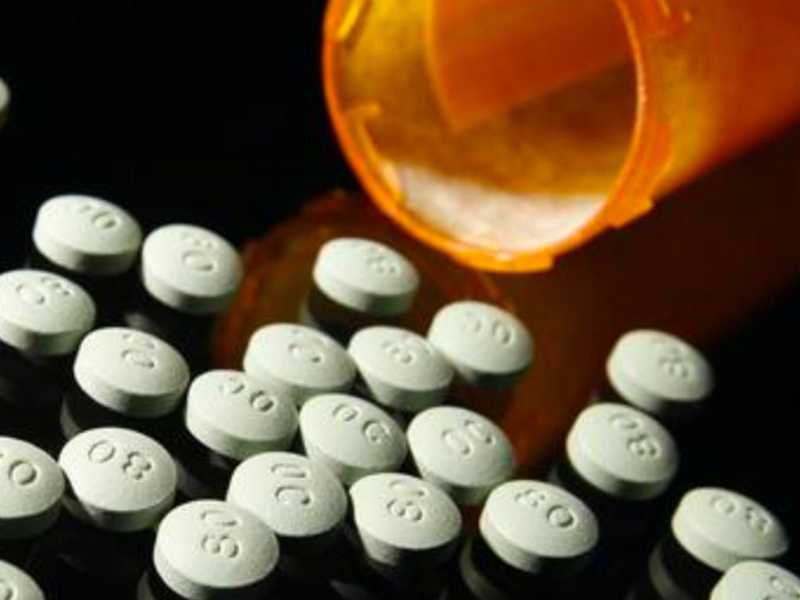Death Toll with Opioids Rising
19,000 people died from opioid overdoses in 2014 caused by legal opioids alone. One of the biggest problems in the pharmaceutical industry is wholesale distributers that do not report pharmacies that greatly increase their monthly orders in a suspicious manner. Wholesale pharmaceutical distributers are legally required to report suspicious behaviors and patterns, though many companies do not. In the last 10 years, the Drug Enforcement Agency has brought 12 civil lawsuits against various drug wholesalers for not properly reporting these suspicious drug orders.
Opioid Distribution Goes Unchecked
McKesson, one of the nations largest wholesale drug distributers was sued by the DEA and 6 states in 2008 because they filled hundreds of suspicious hydrocodone orders. McKesson reached a settlement and paid $13 million in fines. They also agreed to more closely monitor suspicious orders. McKesson didn’t change its ways, however, and recently had to pay another $150 million fine and pause their distribution in four states. McKesson is now being sued again by the state of West Virginia because of its suspicious distribution in the state. McKesson delivered almost 100 million doses of opioid drugs to the state, which only has a population of 1.8 million. These 100 million doses were delivered to the state over the course of just five years, from 2007 to 2012.
Prescriptions for Profit
This is not, however, an isolated issue with McKesson. Purdue, the maker of Oxycontin, has gotten in trouble for not cutting off the supply of the drug to a suspicious doctors office or report the odd behavior to the DEA. A suspicious medical office, called Lake Medical, sprouted up in southern California in 2008. The doctor at the office prescribed 1,500 pills of Oxycontin in a single week, which is more than most pharmacies distribute in a month. The next month, the doctor had prescribed 11,000 pills. Two months later, the doctor was prescribing more than 73,000 pills.
Purdue was aware of the surge in prescription numbers and even found that it was working with specific pharmacies that were already identified as corrupt to supply the patients. Some pharmacists in non-corrupt pharmacies that were also receiving prescriptions from Lake Medical to fill complained to Purdue about the doctor at the clinic. This is not the only case where Purdue had information on illegal Oxycontin prescriptions, though it continuously has not reported these cases, asserting that the claims are not corroborated enough to report. Purdue has already earned more than $31 billion dollars from Oxycontin, which is the best selling pain killer in the country. So, the $635 million in fines that they have had to pay for misrepresenting the addiction potential of the drug, even before the Lake Medical incident, did not even make a dent in the exponential profits from the opioids.
Marijuana is NOT the Dangerous Drug
Marijuana is often demonized because of its illegal past, but most people don’t realize what is going on in the pharmaceutical industry that claims to be completely legal. Marijuana has yet to claim a single life by overdose. Yet, cannabis has had a hard time shaking its past as a trafficked drug, when it’s actually legal opioids that are taking the lives of so many people.
The illegal prescriptions are not only the result of shady doctors and pharmacies, but also the wholesale companies that do not report these suspicious behaviors to the DEA. Even though these wholesale companies are legally required to report questionable behavior by doctors or pharmacies, they often get off the hook with a small slap on the wrist by paying a fine that doesn’t even cut into their extremely large profits. The marijuana industry focuses on providing their patients with a safe, healthy product that works as an alternative to the heavy and addictive pharmaceuticals that are currently on the market.
Do you have questions about this article? Ask a question in HelloMD's new Answers feature. A doctor or member of our community will answer.
If you are new to cannabis and want to learn more, take a look at our Cannabis 101 post. HelloMD can help you get your me
